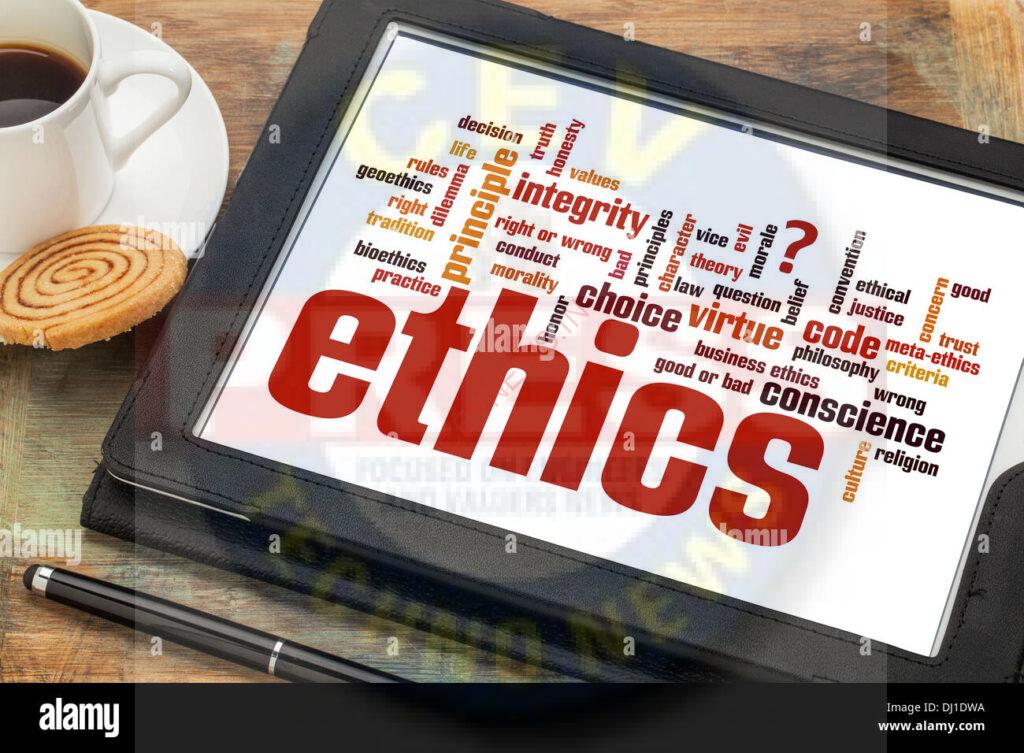ETHICAL CHALLENGES IN MULTI-EXPERT VALUATION ENGAGEMENTS
Ethical Challenges in Multi-Expert Valuation Engagements in India
Valuation engagements involving multiple experts are common in various financial, legal, and regulatory scenarios. In India, such engagements are particularly relevant in mergers and acquisitions, corporate restructuring, and legal disputes. While multi-expert valuations aim to provide comprehensive and balanced assessments, they also present unique ethical challenges. This article explores these challenges and offers insights into how they can be addressed.
1. Conflict of Interest
Definition: Conflicts of interest arise when an expert’s personal or financial interests could potentially influence their professional judgment or objectivity.
Challenges:
- Bias: Experts may consciously or unconsciously favor the interests of the party that has hired them.
- Disclosure: Failure to disclose conflicts can undermine the credibility of the valuation.
Solutions:
- Transparency: Full disclosure of any potential conflicts of interest by all parties involved.
- Independence: Ensuring that experts are independent and do not have any vested interests in the outcome of the valuation.
2. Pressure from Stakeholders
Definition: Stakeholders may exert pressure on valuation experts to arrive at a favorable outcome.
Challenges:
- Compromise of Integrity: Yielding to pressure can lead to compromised integrity and skewed valuations.
- Ethical Dilemma: Experts face ethical dilemmas when balancing stakeholder demands with professional standards.
Solutions:
- Code of Conduct: Adherence to a strict code of conduct that prioritizes ethical standards over external pressures.
- Documentation: Maintaining thorough documentation to support valuation conclusions and decisions.
3. Confidentiality and Data Integrity
Definition: Safeguarding the confidentiality and integrity of sensitive information used in valuations.
Challenges:
- Data Security: Risk of unauthorized access to confidential information.
- Accuracy: Ensuring the accuracy and reliability of data used in the valuation process.
Solutions:
- Secure Systems: Implementation of secure data management systems.
- Verification: Rigorous verification processes to ensure data accuracy.

4. Diverse Methodologies and Assumptions
Definition: Different experts may use varying methodologies and assumptions, leading to divergent valuation outcomes.
Challenges:
- Consistency: Lack of consistency in methodologies can cause confusion and disputes.
- Comparability: Difficulty in comparing valuations that are based on different assumptions.
Solutions:
- Standardization: Adoption of standardized valuation methodologies and assumptions.
- Collaboration: Encouraging collaboration and consensus-building among experts.
5. Ethical Responsibility and Professional Conduct
Definition: Upholding ethical responsibility and professional conduct throughout the valuation process.
Challenges:
- Professionalism: Maintaining high standards of professionalism in the face of challenges.
- Accountability: Being accountable for the ethical implications of valuation conclusions.
Solutions:
- Continuous Education: Ongoing professional development and ethics training.
- Regulatory Compliance: Ensuring compliance with relevant laws and regulations governing valuations.
6. Regulatory and Legal Framework
Definition: Navigating the complex regulatory and legal framework governing valuations in India.
Challenges:
- Compliance: Ensuring adherence to diverse regulations and legal requirements.
- Interpretation: Differing interpretations of regulations can lead to ethical disputes.
Solutions:
- Legal Guidance: Seeking legal guidance to ensure compliance.
- Clear Guidelines: Establishing clear guidelines and best practices for ethical conduct in valuations.
Ethical challenges in multi-expert valuation engagements in India are multifaceted and complex. Addressing these challenges requires a combination of transparency, independence, adherence to professional standards, and robust regulatory compliance. By prioritizing ethical considerations, valuation experts can enhance the credibility and reliability of their assessments, ultimately contributing to fair and just financial outcomes.


